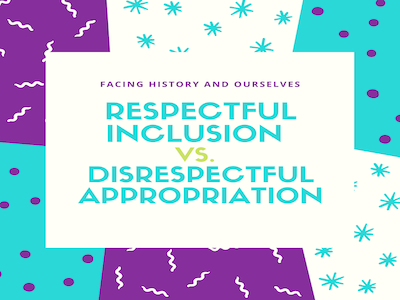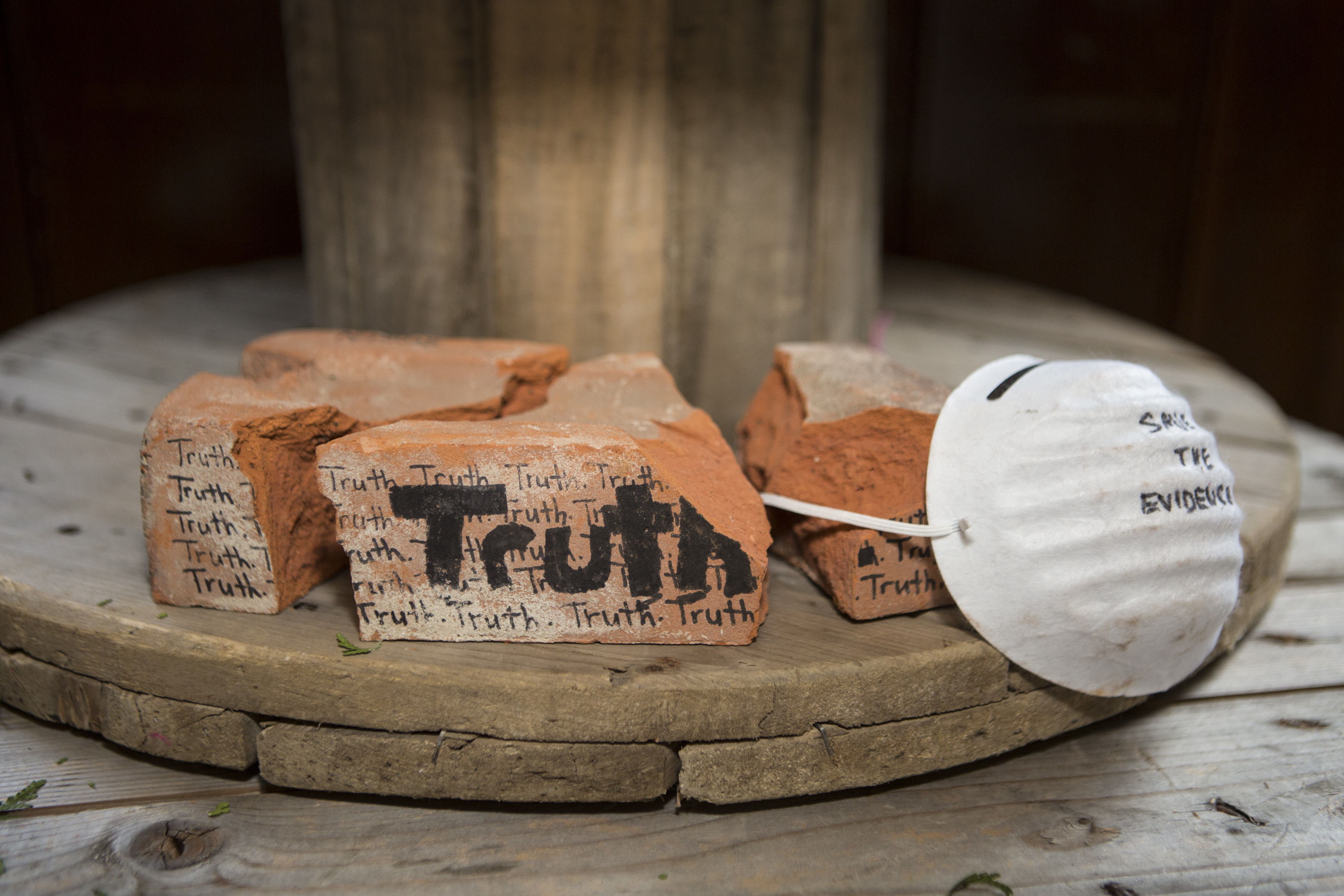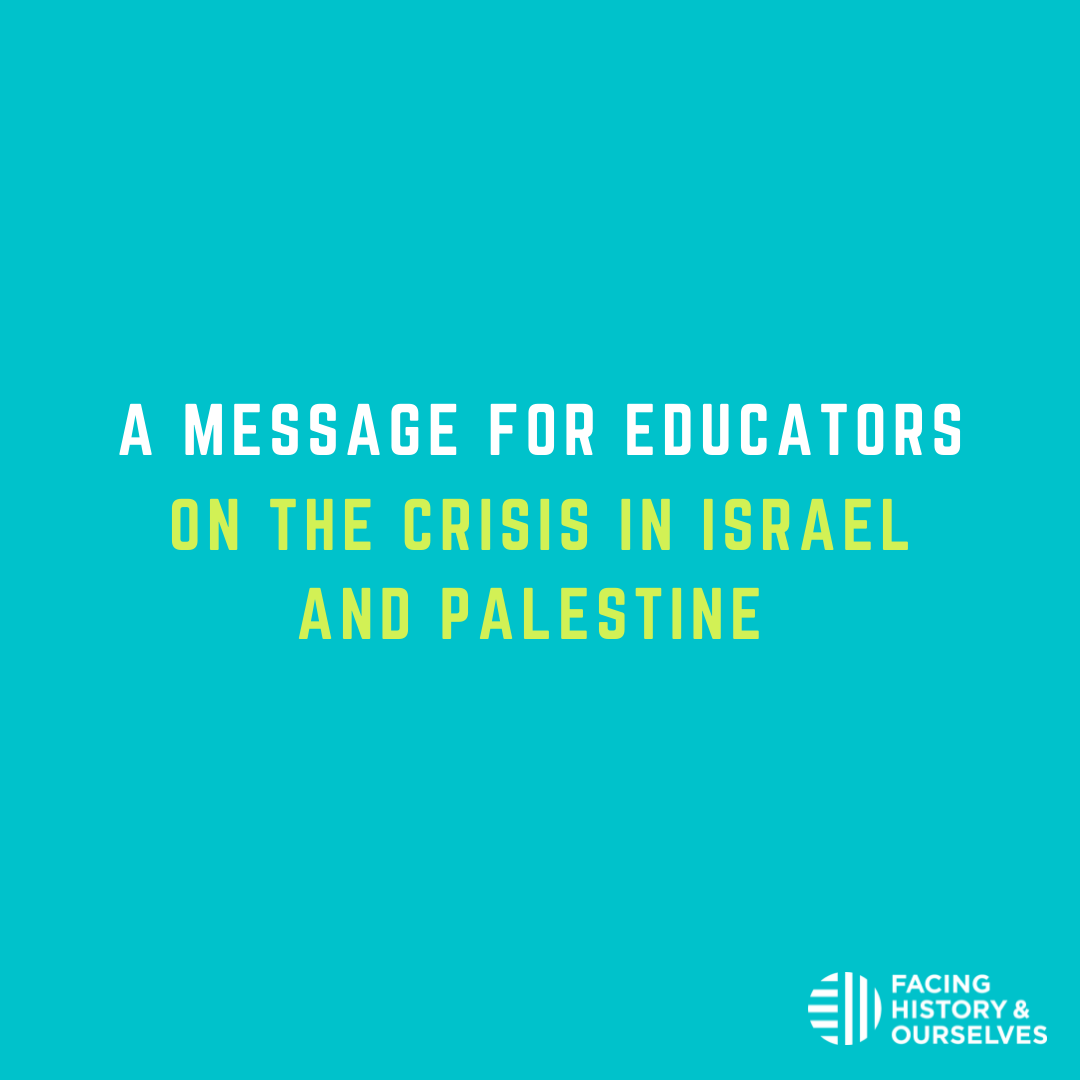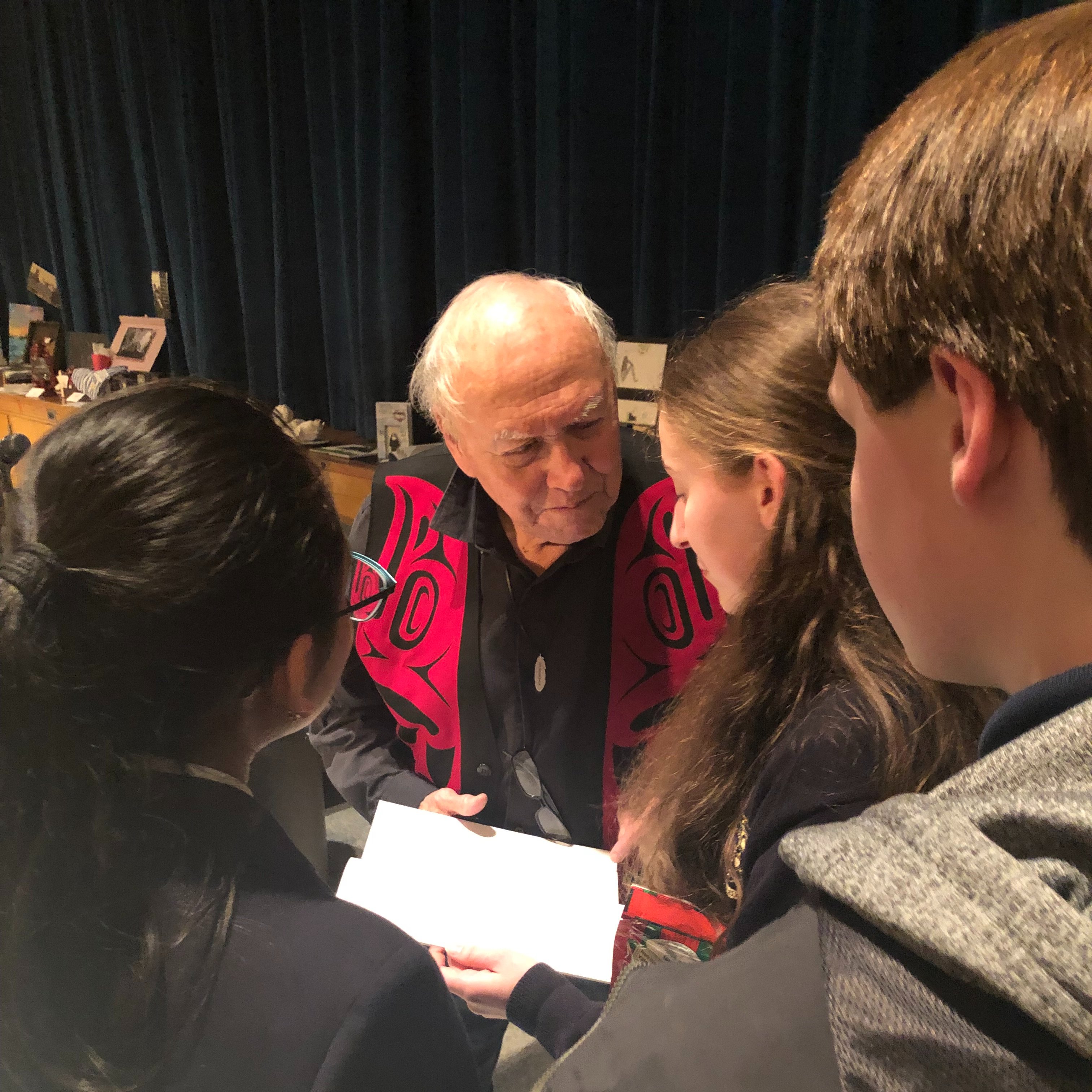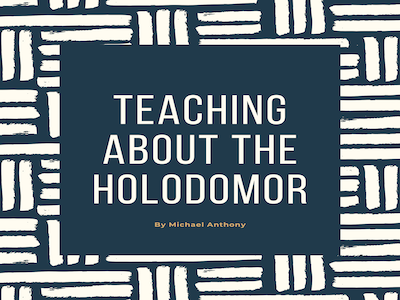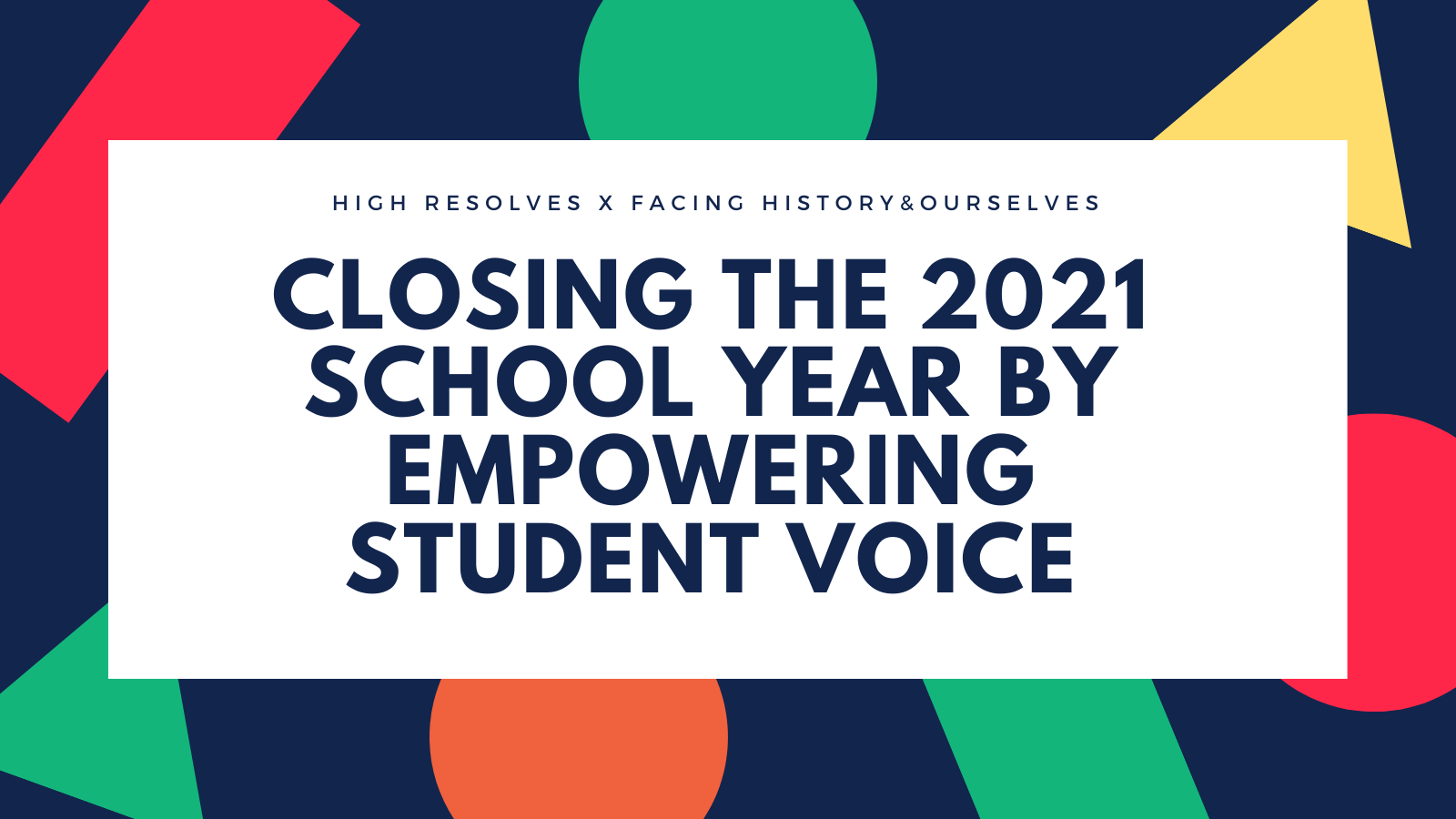For many educators, back to school is a time of excitement; the idea of inspiring young readers, fostering new understanding, smelling and holding books together as a classroom community brings delight. You hope students will bee-line to the bookshelf during independent and community reading time.
Helping You Nurture a Love of Reading
Posted by Facing History and Ourselves Canada on September 15, 2021
Welcoming Students Back to School with Current Events in Mind
Posted by Erez Zobary and Jasmine Wong on August 24, 2021
What can we do to support students during unpredictable and challenging times? How can we create communities where people hear and see each other, treat each other with dignity and respond together as a community? In this blog post, which borrows much of its content from the Back to School with Current Events teaching idea, we will share resources and approaches for addressing current events in the classroom during the first few days of school.
Topics: Back-To-School, Student Voices, current events, Upstander
In this blog post, Ontario educator, Uthish Ganesh, discusses how he set the foundation for the deep and complex subject matter in the African Diaspora course by focusing the first unit on building community, centering an equity approach and creating space for identity affirming activities. This process created necessary space to explore the layers of identity and its interplay with society and build bridges of commonality, understanding and empathy between students of all backgrounds.
Topics: Identity, Teachers, Community, Black History
Respectful Inclusion vs. Disrespectful Appropriation
Posted by Lorrie Gallant, Jasmine Wong, Erez Zobary on July 5, 2021
June was Indigenous History Month. Throughout the entire year, we recognize how important it is to be striving towards meaningful inclusion of Indigenous histories, knowledges, ways of being and contributions.
Topics: Teaching Resources, Indigenous History, Culturally Responsive and Relevant Pedagogy, Indigenous
Supporting Students in the Aftermath of the Targeted Car Attack on a Muslim Family in London, Ont
Posted by Leora Schaefer and Jasmine Wong on June 8, 2021
On Sunday, Salman Afzaal, 46, his wife Madiha Salman, 44, daughter Yumna Salman, 15, and her 74-year-old grandmother died, and Fayez Salman, their 9 year old son, remains in hospital after a horrifying hit and run targeted at the family because of their Muslim faith. This evening, as the news unfolds, we mourn the victims and extend our deepest sympathies to their son, for whom our hearts break, and to their families, their communities, and to Muslim Canadians.
Topics: current events, classroom lesson, islamophobia
This is a Moment to Remember, Honour and Take Action
Posted by Leora Schaefer, Jasmine Wong and Erez Zobary on June 1, 2021
We sit with renewed sadness for individuals and communities who have been impacted by residential schools as we mourn the loss of the 215 children whose remains were found buried at the Kamloops residential school. Our hearts are with the Tk'emlúps te Secwépemc First Nation as well as Indigenous children, communities and families across Turtle Island.
This is a time for a collective and national mourning. It is a time for acknowledgement of the ongoing work of survivors’ families and communities for truth, remembrance of loved ones and justice. It is a time for renewed calls for truth seeking, truth telling and collective action.
Topics: Memorials, Restorative Justice, Indigenous
A Message for Educators on the Crisis in Israel and Palestine
Posted by Facing History and Ourselves Canada on May 27, 2021
As the ceasefire in Israel and Gaza continues to hold, Facing History and Ourselves mourns the loss of life and bears witness to the trauma wrought by the conflict. We recognize that addressing the recent violence will require careful preparation by both educators and students.
Topics: Teaching Resources, current events
Honouring and Remembering Theodore Fontaine
Posted by Facing History and Ourselves Canada on May 20, 2021
Our dear friend, mentor, and teacher, former Chief of Sagkeeng First Nation (Manitoba), Theodore (Ted) Niizhota Fontaine passed away on May 10, 2021. Theodore was a beloved husband, father, grandfather, uncle, nephew, cousin and Sagkeeng community member. He is known across Canada as an accomplished leader in First Nations and public service, a knowledge keeper, Elder, gifted author, educator and public speaker (click here for a full biography). We continue to mourn his loss, miss his presence and walk with gratitude for his friendship and for the legacy that he created with Facing History. NOTE: This blog post was updated Sept 2022 to include lessons and Theodore's video testimony.
This blog by Ontario educator, Michael Anthony, explores his journey learning and teaching about The Holodomor as part of the Genocide and Crimes Against Humanity course and provides helpful resources to integrate into your classroom.
Topics: Genocide/Collective Violence, Teaching Resources, genocide, Genocide and Crimes Against Humanities Course
Closing the 2021 School Year by Empowering Student Voice: Videos for Change
Posted by Cora-Lee Conway & Jasmine Wong on April 1, 2021
Knowing that experiences of loss, isolation and disconnection caused by the pandemic have exacerbated the everyday challenges many face, we ask, what could it mean for students if they had an opportunity to tell their story or speak out on an issue that they care about? And what if students could feel heard?
Topics: Film, Human Behavior, Upstanders, Video, Upstander, English Classroom, culminating, Digital Learning



-1.png)
